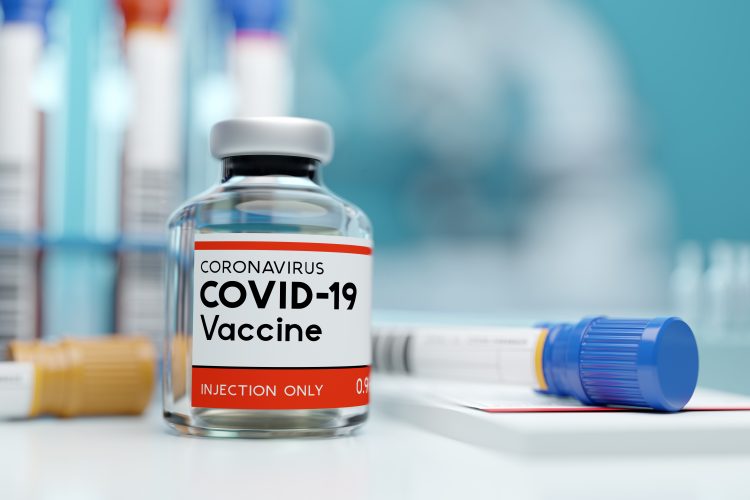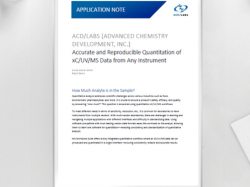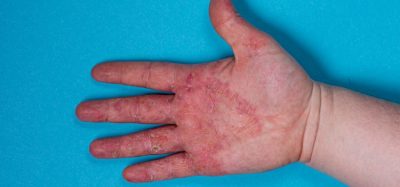First patient dosed with COVID-19 vaccine using self-amplifying RNA
Posted: 24 June 2020 | Victoria Rees (European Pharmaceutical Review) | No comments yet
A Phase I clinical trial to test Imperial College London’s COVID-19 vaccine candidate has been initiated, with the first patient dosed.


The first healthy volunteer has received a new COVID-19 vaccine developed by researchers at Imperial College London. The Phase I trials were funded by UK Research and Innovation (UKRI).
The study marks the first time the vaccine has been trialled in humans and will test whether it is well-tolerated and produces an effective immune response against COVID-19.
In the initial part of the study, the team will look to assess safety and find the optimal dose of the vaccine in 15 healthy participants aged 18 to 45 at a West London facility. The first participant will receive a very low dose of the vaccine, before the team escalates to increasingly higher doses for subsequent volunteers.
Following this initial small group, the team will then recruit further healthy volunteers (aged 18-75) to trial the optimal dose of vaccine in a larger population. The combined Phase I/II studies will aim to deliver the vaccine to a total of 300 people at the West London facility and additional sites.
It will be the first test of a new self-amplifying RNA technology, which the researchers say has the potential to revolutionise vaccine development and enable scientists to respond more quickly to emerging diseases. Once injected into muscle, the RNA self amplifies – generating copies of itself – and instructs the body’s own cells to make copies of the Spike (S) protein found on the outside of the coronavirus, which it uses to gain entry into human cells. This should train the immune system to respond to the coronavirus so the body can easily recognise it and defend itself against COVID-19 in future.
If the vaccine is safe and shows a promising immune response in humans, then larger Phase III trials would be planned to begin later in the year with around 6,000 healthy volunteers to test its effectiveness.
Ultimately, the researchers hope that if clinical trials are successful, the vaccine could provide protection against COVID-19 both in the UK and around the world.
Professor Robin Shattock, from the Department of Infectious Disease at Imperial and who is leading the work, said: “The COVID-19 pandemic has claimed thousands of lives and had a huge impact on daily life. In the long-term, a viable vaccine could be vital for protecting the most vulnerable, enabling restrictions to be eased and helping people to get back to normal life. From a scientific perspective, new technologies mean we have been able to get moving on a potential vaccine with unprecedented speed. We’ve been able to produce a vaccine from scratch and take it to human trials in just a few months – from code to candidate – which has never been done before with this type of vaccine. If our approach works and the vaccine provides effective protection against disease, it could revolutionise how we respond to disease outbreaks in future.”
Related topics
Clinical Development, Clinical Trials, Drug Development, Research & Development (R&D), RNA, Vaccine Technology, Vaccines, Viruses









